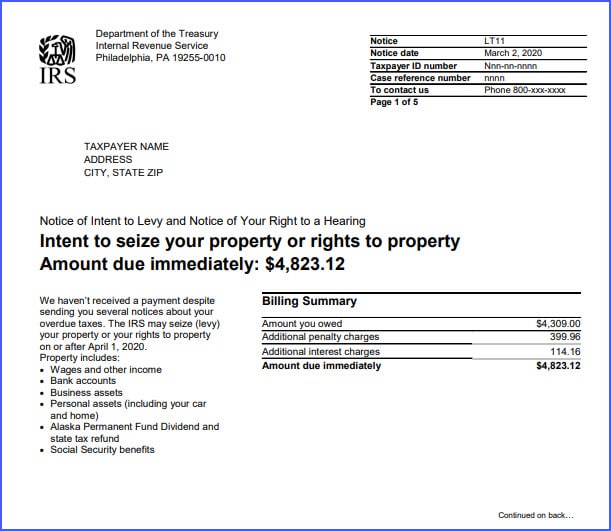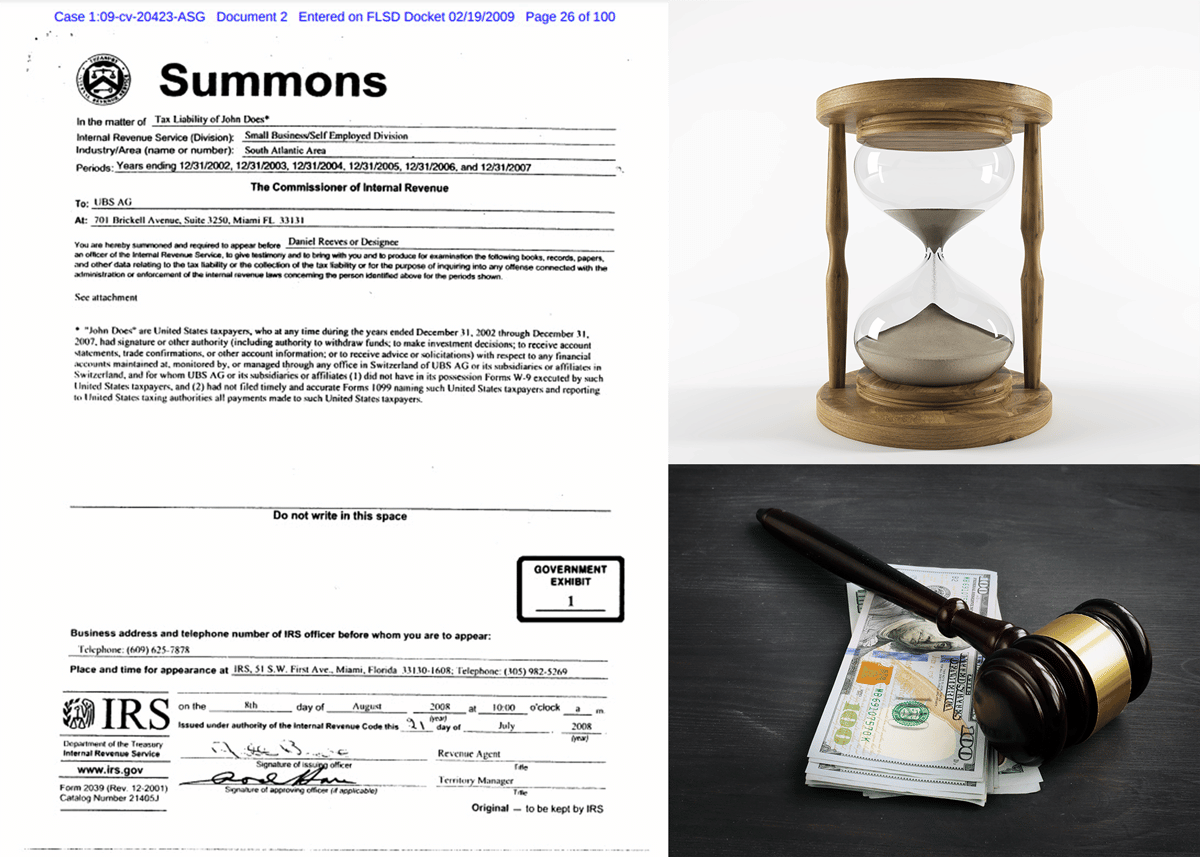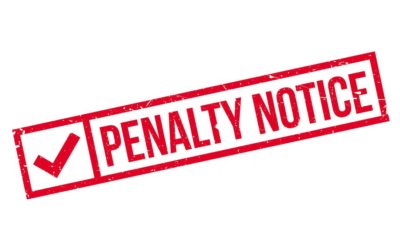U.S.-Israeli Dual Citizen Denied Foreign Earned Income Exclusion Because “Tax Home” Is In U.S.
In Hirsch v. Commissioner (here) the Tax Court held that the taxpayer’s “tax home” for purposes of the foreign earned income exclusion (I.R.C. section 911) was in the New York metropolitan area, despite the fact that the taxpayer resided in Israel, because regulatory restrictions on his professional practice limited his ability to communicate with clients while working in Israel. As a result, the taxpayer, a duel U.S.-Israeli citizen, was not able to utilize the foreign earned income exclusion on his personal U.S. federal income tax return.
Tax Home and Foreign Earned Income Exclusion
Generally, the foreign earned income exclusion provides U.S. expatriates with an opportunity to exclude foreign earned income from federal income tax while living abroad.[1] The exclusion has several statutory requirements, one of which is that the taxpayer must have a “tax home” in a foreign jurisdiction.[2] Unfortunately, determining the taxpayer’s “tax home” is not necessarily as simple as determining where the taxpayer works or sleeps at night.
For purposes of the foreign earned income exclusion, the term “tax home” has the same meaning which it has for purposes of determining whether travel expenses away from home are deductible[3].
An individual’s tax home is considered to be located at his “regular or principal (if more than one regular) place of business.”[4] In addition, the taxpayer’s “abode” must be in the foreign jurisdiction.[5]
If the taxpayer has no principal place of business because of the nature of his business, then his tax home is at his “regular place of abode in a real and substantial sense.”
For purposes of the foreign earned income exclusion, a taxpayer’s “abode” is his personal residence.[6] To make this determination, The Tax Court considers where the taxpayer has the “strongest economic, family, and personal ties.”[7] In order to determine the “principal place of business”, the Tax Court looks to the employer’s practices and the place the employer has identified as the taxpayer’s principal place of business in its records.[8]
Facts in Hirsch
In Hirsch, the taxpayer was an investment advisor for Merrill Lynch during the years at issue. According to Merrill Lynch’s records, the taxpayer was only authorized to work out of the branch offices in New Jersey and New York and he was not authorized to work out of their office in Tel Aviv, Israel.[9]
In the early 1990’s, Hirsch moved to Israel. Both Merrill Lynch and Hirsch’s prior employer allowed, but did not require, Hirsch to work from Israel. Since Hirsch was only licensed in the U.S., Post-9/11 laws regulating U.S. citizens working abroad limited the taxpayer’s ability to conduct business in Israel.
Hirsch could not advertise in Israel and he could not call potential clients in Israel. He could only answer phone calls from clients when the phone rang and he could meet with potential clients in person if they sought to meet him.
On his 2009, 2010, and 2011 tax returns, the taxpayer took the position that he could exclude his salary under the foreign earned income exclusion. The taxpayer’s salary was reported to him on Forms W-2.
The IRS determined federal income tax deficiencies for 2009, 2010, and 2011 because the IRS concluded that the taxpayer could not claim the foreign earned income exclusion. Specifically, the IRS determined that the taxpayer’s tax home was in the U.S. and not in Israel.
The taxpayer countered that all of his work files were located in Israel and that is where he performed a majority of his work. According to the taxpayer, two-thirds of his work was done in Israel. And, although he traveled to the U.S. on business, his travels in the U.S. were temporary and he did not maintain an abode in the U.S.
Tax Court’s Analysis of Tax Home
The Tax Court appeared to have no trouble concluding that the taxpayer’s abode was in Israel. The Tax Court noted that the taxpayer and his family lived in Israel, he paid taxes on a home in Israel, he had Israeli citizenship, he voted in Israeli elections, and he was a member of a synagogue in Israel. The taxpayer also only traveled to the U.S. on business trips and he did not maintain a residence in the U.S. As a result, the Tax Court concluded that “the petitioner’s strongest economic, family, and personal ties were in Israel” and therefore his “abode” for purposes of the foreign earned income exclusion was in Israel.
However, the Tax Court reasoned that the taxpayer’s “tax home” was in the U.S. because that is where U.S. regulations allowed him to practice his profession. Specifically, the Tax Court determined that the taxpayer’s tax home was the New York metropolitan area. The Tax Court relied primarily on Sislik v. Commissioner[10] (here), and Bjornstad v. Commissioner[11] (here).
Pan Am Pilots, Musicians, and Principal Places of Business
In Sislik, the Tax Court was asked to decide whether a Pan Am co-pilot spent a majority of his time flying to or from the U.S. and between foreign countries could exclude his salary under the foreign earned income exclusion. During the years at issue, JFK Airport in New York was the co-pilot’s “base station.” However, the co-pilot’s permanent address and phone number was in the Bahamas. He did not maintain a residence in the U.S.; he lived in a condominium that he owned in the Bahamas. The co-pilot claimed the foreign earned income exclusion. Sislak argued that the cockpit was his principal place of business. Without much analysis, the Tax Court determined that Sislak’s “principal place of business” was New York because that was where his “base station” was located.
In Bjornstad, the taxpayer was a musician that was part of a band (“Dr. Bop and the Headliners”) that primarily played in or began its road trips from Chicago. However, the taxpayer lived in Wisconsin and would travel to meet the band in or near Chicago. Once they met, they played gigs or went on a road trip generally over a long-weekend. In order to determine whether the taxpayer could deduct certain travel and meals & entertainment expenses, the Tax Court had to determine the taxpayer’s [tax] home.
The Tax Court looked to the principal place of business test and determined that his principal place of business was Chicago and not Wisconsin. The Tax Court’s analysis turned on where the taxpayer received a greater portion of his income, which was Chicago.[12] The Tax Court also pointed to the fact that most of the band’s gigs were in Chicago and Chicago was the point of departure when the band went on the road for a gig in another city.
Tax Court’s Analysis Taxpayer’s Tax Home
In Hirsch, the Tax Court noted that Merrill Lynch did not require the taxpayer to live in Israel and Merrill Lynch did not obtain any special benefit from the taxpayer’s presence in Israel. Living in Israel did not provide Merrill Lynch any benefit. The taxpayer’s work did not necessitate him to live in Israel. The taxpayer could have performed his services on his laptop from any location in the world.
The regulatory restrictions on taxpayer’s industry prevented him from initiating client contact in Israel. Technically, employment records indicated that the taxpayer was only authorized to work from locations in New York and New Jersey.[13] The same records indicated that he was not authorized to work out of his home in Israel or out of the Merrill Lynch office in Tel Aviv, Israel.[14]
It was the taxpayer’s decision to live in Israel. The fact that the taxpayer’s files were located in Israel did not help his claim that his tax home was in Israel. The Tax Court noted that he could have moved his notes to any location if the taxpayer so desired.[15]
Takeaway
Like most tax laws, the application of foreign earned income exclusion can be quite complex. Claiming the exclusion should be done with the assistance of a tax professional that has experience with U.S. international tax laws. Taxpayers claiming the foreign earned income exclusion should be prepared to demonstrate that their “tax home” is in the foreign jurisdiction, which is a term of art that must be carefully analyzed.
To show that your tax home is in a foreign jurisdiction, a taxpayer must demonstrate that his regular or principle place of business is in the foreign jurisdiction. As a result, the taxpayer’s presence in the foreign jurisdiction must be necessary for his trade or business (even if they are salaried employees). This likely will not be hard for U.S. citizens working at an employer’s foreign offices at the request of the employer. However, as the taxpayer in Hirsch found out, this may be tricky if the employer provides the employee significant flexibility to work remotely.
Notes
[1] See Section 911 (here); Treas. Reg. §§ 1.911-1 (here) through -8 (here). The amount of the exclusion is capped, which is indexed for inflation.
[2] Section 911(d)(3). For an overview of the Foreign Earned Income Exclusion, see IRS website here.
[4] The IRS LB&I Division t has a Concept Unit covering “tax home” (here).
[5] Section 911(d)(3)(“ An individual shall not be treated as having a tax home in a foreign country for any period for which his abode is within the United States”).
[6] Hirsch at 12-13 citing Bujol v. Commissioner (here), T.C. Memo. 1987-230, 12 53 T.C.M. (CCH) 762, 763-764 (1987), aff’d without published opinion, 842 F.2d 328 (5th Cir. 1988).
[7] Hirsch at 12 citing Bujol.
[8] Hirsch at 12 citing Bjornstad v Comissioner, T.C. Memo. 1989-495, 58 T.C.M. (CCH) 115 (1989), aff’d per curiam, 1992 U.S. App. LEXIS 15691(D.C. Cir. May 22, 1992)
[9] Prior to working for Merrill Lynch, the taxpayer was employed by the Lynnvest Group, which was acquired by Merrill Lynch in 2005. While working for Lynnvest, the taxpayer established an arrangement with a broker to enable the taxpayer to work in Israel.
[10] Sislik v. Commissioner, T.C. Memo. 1989-495, 58 T.C.M. (CCH) 115 (1989), aff’d per curiam, 1992 U.S. App. LEXIS 15691 (D.C. Cir. May 22, 1992). The years at issue in Sislak were 1980, 1981, and 1982.
[11] Bjornstad v. Commissioner, T.C. Memo. 2002-47 (here).
[12] The taxpayer in Bjornstad had argued that he had no principal place of business because more of the band’s time was spent on the road in other towns. The Tax Court disagreed.
[13] In Hirsch, the Tax Court seemed to lean heavily on the Post-9/11 regulatory restrictions on the taxpayer’s professional activities in Israel that were documented in Merrill Lynch’s employment records. It is not clear if the outcome would have been different if the taxpayer was not subject to regulatory restrictions on his professional activities in Israel.
[14] See Hirsh at 14.
[15] The analysis highlights an area that has given the courts some trouble: if a taxpayer chooses to live a significant distance from his place of employment, where is his tax home? See Commissioner v. Flowers, 326 U.S. 465 (1946), rev’g 148.F.2d 163 (5th Cir. 1945) (here), rev’g T.C. Memo 1944-263.

Justin Hughes, JD, CPA, LL.M.
Justin Hughes focuses on resolving federal and state tax disputes for individuals and businesses. He has represented clients before the IRS and state taxing authorities at all stages, including audits, administrative appeals, litigation, and collections. As both an attorney and a CPA, he combines legal insight with accounting experience to help resolve tax problems for clients.





